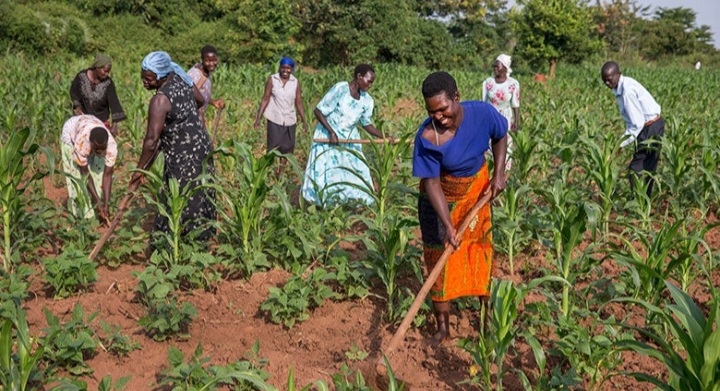Is organic farming better for the environment than conventional farming?

CLAIM– Organic farming is better for the environment than conventional farming
A few years ago a YouTube page titled “Grain Farmers of Ontario” set out to bring to an objective conclusion the claim stating “organic farming is better for the environment than conventional farming”
https://youtu.be/1dKUhUN5Yx4?si=UkIAQFNUN7oervb-
This post has since gathered 56000 views; 236 likes; 117 comments; 91 shares
Before proceeding further with the analysis of this claim, let’s take a moment to define the two concepts and state their differences:
ORGANIC VS. CONVENTIONAL FARMING
Organic agriculture is a system that revitalizes the health of soils, ecosystems, and people. Organic farmers use natural processes, biodiversity, and cycles adapted to local conditions instead of synthetic inputs such as chemical fertilizers, pesticides, and herbicides. GMOs are not permitted in organic farming unlike conventional farming.
THE DIFFERENCE BETWEEN ORGANIC AND CONVENTIONAL FARMING
The primary distinction between organic and conventional farming lies in the use of chemical interventions. Conventional farming utilizes synthetic pesticides, herbicides, and fertilizers to manage pests and weeds and to provide plant nutrition. In contrast, organic farming employs natural principles like biodiversity and composting to produce healthy, abundant food.
Organic production goes beyond simply avoiding synthetic chemicals or replacing them with natural ones. It incorporates ancient Techniques like crop rotations and the use of composted animal manures and green manure crops, applied in economically sustainable ways. Organic farming emphasizes overall system health and the interaction of various management practices. Organic farmers use a variety of strategies to enhance biological diversity and replenish soil fertility (USDA, 2007). While conventional farming may use genetically modified organisms (GMOs) to produce hardier and more disease-resistant crops, organic farming focuses on maintaining a healthy ecosystem and environment for crops, avoiding chemicals and harmful practices.
NatureNews, Africa’s foremost news publications on climate change, which is dedicated to providing accurate insights to stop the spread of fake news particularly among users of social media, subjected the claim to fact checking.
Findings: Using the Google search tool in conducting this research, NatureFact, the fact checking unit of NatureNews, accessed a few papers and studies.
A thorough fact-checking investigation has revealed that this assertion is indeed accurate.
The Alliance for Food and Farming lends voice to this claim stating why Organic farming is better for the environment than conventional farming.
https://youtu.be/BbLYL-9tYtw?si=f8_W5tQSvj0ZOVeH
The argument about it being better or worse for the environment borders mostly on the type of chemicals both use e.g pesticides and herbicides and how their emissions impact the environment.
@MattGraham further buttresses this point
https://youtu.be/5K77litlahw?si=7xn9sJPeW1fuD3RI
The only counter argument on Organic farming came from @TheKGFoodCompany
https://youtu.be/qhNKn3Ajh08?si=pwBhHKUuYNOswI-c
The College of Naturopathic medicine not only is in tandem with Organic farming, they also state the health implications of Conventional farming on humans.
https://youtu.be/8HUnW8IChv0?si=5Oud7u7QslbW9QkY
The above analysis states that Organic farming though archaic is actually more eco-friendly.
Verdict: True, Organic farming is better for the environment than conventional farming coz it uses pesticides/herbicides that are more eco-friendly and doesn’t tamper with biodiversity.
